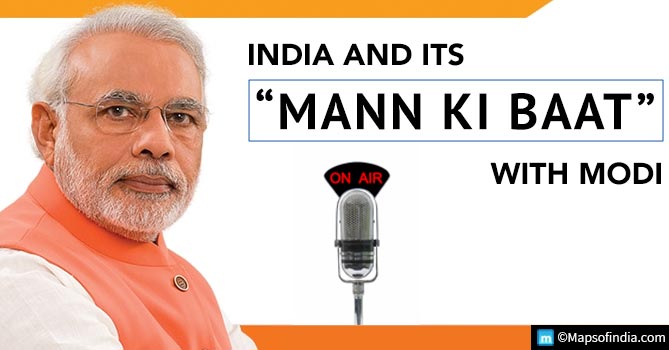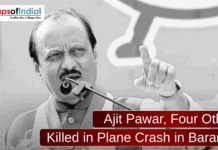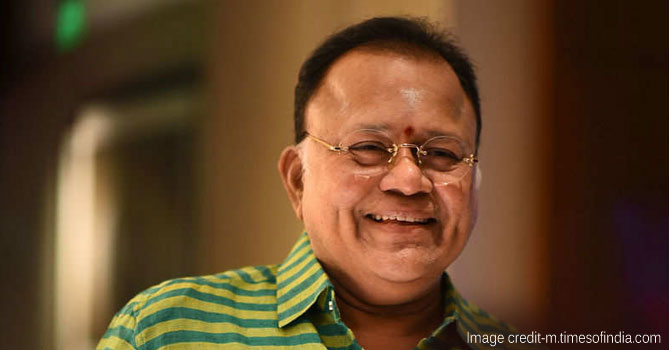
October 3rd, 2018, will mark the four-year anniversary of Mann ki baat- a radio programme started by Prime Minister Narendra Modi, shortly after his party rose to power in the 2014 Lok Sabha elections. The radio show, usually running once a month, has been portrayed as the PM’s “great connect” with the public.
As Mann ki baat completes its four years, let’s see how it has managed to impact the lives and opinions of Indian citizens.
A brief introduction of Mann ki baat
The Indian program, hosted by Prime Minister, Modi himself, is telecasted to the people through All India Radio (AIR), DD News, as well as, DD National. In addition, some other FM channels have also been permitted to broadcast recordings of the show. In the first edition, the PM talked about the much-famous Swachh Bharat Abhiyan, and also urged the listeners to switch to Khaadi products, helping the small-scale businesses in effect.
It is estimated that over 90% of the country’s population has access to the radio broadcast, which is why it was supposedly chosen in the first place.
The public’s verdict
The supporters or “fans” of Modi sarkar have been praising the radio show ever since it was first launched, calling it a legendary move by the PM to get in touch with the public. Many citizens feel that by addressing the public directly, especially through a medium as accessible as radio, is a commendable ground-root approach. Mann ki baat, according to many, has given assurance to the general public that the government is working for them. Others believe it is “a great way of communication”.
However, not everybody sees the radio show as a big, grand success. As has often been stated by members of other political parties, or even many in the general public, the show is called another in the series of political agendas.
A different perspective
In 2016, the Chief Minister of Delhi, Arvind Kejriwal also launched a “talk show” called “Talk to AK”. The programme soon made its way into controversies, with CBI probing into its expenditure. However, while comparing Mann ki baat with Talk to AK, other criteria is used. For instance, while Modi’s radio show is largely pre-recorded, Kejriwal resorted to a live, interactive session. Naturally then, the latter had to answer a lot of ‘uncomfortable’ questions on air.
Taking a dig at the Prime Minister, the Congress president, Rahul Gandhi had earlier said that he would like to ask the PM questions about the rapes in Haryana, Doklam issue etc. The intent was simple- to refer to what many call Narendra Modi’s ‘strategic silence’ on issues. Gandhi hasn’t been alone in the attack. Mann ki baat goes in and out of the critics’ sight, with questions on its authenticity.
Conclusion
It should be accepted in the very beginning that roughly speaking, the Prime Minister has been successful with how Mann ki baat has rolled out. On a whole, the public has accepted it, with many putting in impressive words of praise. However, one cannot merely look at a single side of the coin and be content. The PMO has invited in suggestions from the public, asking for topics that the people want to hear Modi speaking on. And yet, many ‘uneasy’ questions have so far failed to make their way into the radio show. There is one common voice that often resonates- Mann ki baat is claimed to be an excellent way of communication by the PM. Okay, but one must also remember that communication is a two-way street.





